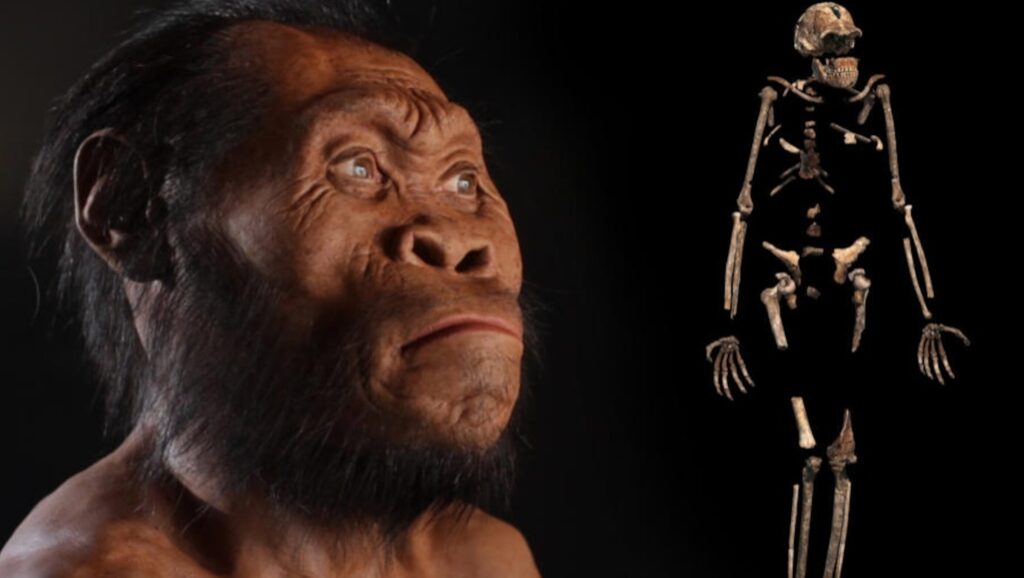Exploring the Truth: Did Our Ancestors Suffer from Poor Vision?

As we navigate through our digital age, more and more people are experiencing vision problems. Some experts believe that our ancestors may have also experienced poor eyesight. In this blog post, we will explore the truth behind this theory.
What is Poor Eyesight?
Poor eyesight refers to a variety of visual impairments that can affect a person's ability to see clearly. These impairments can include nearsightedness, farsightedness, astigmatism, and more.
What is the Evidence?
There is some evidence to suggest that our ancestors may have experienced poor eyesight. One study published in the journal Nature found that the prevalence of nearsightedness has increased dramatically in recent years. However, this increase may be due to environmental factors such as increased screen time and less time spent outdoors.
In addition, some experts believe that our ancestors may have had better eyesight due to their reliance on hunting and gathering. These activities would have required good eyesight in order to locate and track prey or identify edible plants.
Other Factors to Consider
It is important to note that poor eyesight can also be caused by genetics and age. As we age, our eyesight naturally deteriorates, and this can lead to vision problems. In addition, certain medical conditions and medications can also affect our eyesight.
While there is some evidence to suggest that our ancestors may have experienced poor eyesight, it is difficult to say for certain. More research is needed in order to determine whether or not our ancestors had better or worse eyesight than we do today.

You may also be interested...